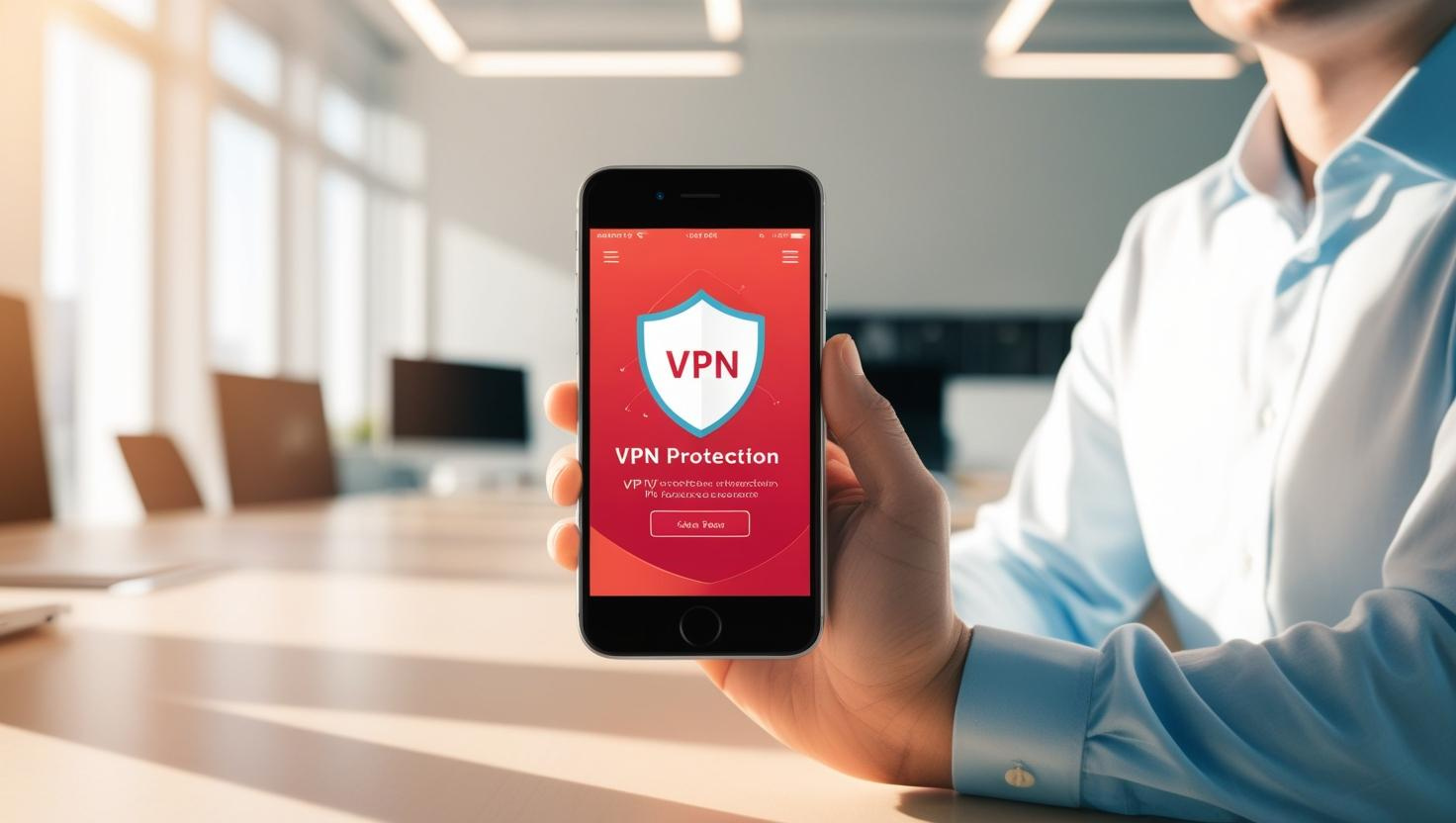VPNs promise online privacy and security, but not all VPN services operate with the same level of transparency. Free VPNs, in particular, have raised concerns regarding data privacy, security risks, and hidden business models. While the idea of a free VPN sounds appealing, users may unknowingly be exposing their personal data to third parties. This article explores the hidden dangers of free VPN services and what they might be doing with your data.
The Appeal of Free VPNs
Many users opt for free VPNs to bypass geo-restrictions, access blocked content, and enhance online security. Free VPN providers advertise their services as a cost-free solution to encrypt internet traffic and anonymize browsing. However, operating a VPN service requires significant resources, including servers, maintenance, and security updates. If a VPN provider is offering its service for free, the question remains: how do they sustain their business?
How Free VPNs Monetize User Data
1. Logging and Selling Browsing Data
One of the most common ways free VPNs generate revenue is by logging user activity and selling it to third-party advertisers. Unlike premium VPNs that adhere to strict no-log policies, free VPNs often track:
- Websites visited
- IP addresses
- Connection timestamps
- Search history
Advertisers and data brokers purchase this information to create targeted advertising profiles, effectively compromising user privacy.
2. Injecting Ads and Trackers
Some free VPNs display intrusive ads during browsing sessions, while others inject tracking scripts into websites. These ads can:
- Track user behavior across different sites.
- Slow down browsing speed.
- Increase vulnerability to malware and phishing attacks.
3. Bandwidth Hijacking
Certain free VPN providers exploit users’ bandwidth by turning their devices into exit nodes for other users. This means:
- Your internet connection could be used for illegal activities.
- You may experience significant slowdowns in speed.
- Your IP address might be linked to online actions you didn’t commit.
Security Risks Associated with Free VPNs
1. Weak Encryption or No Encryption at All
Many free VPNs fail to provide strong encryption protocols, making users susceptible to cyber threats such as:
- Data interception by hackers.
- Exposure to government surveillance.
- Man-in-the-middle attacks.
2. Malware Distribution
Research has found that a significant percentage of free VPN apps contain malware. These malicious applications can:
- Steal login credentials.
- Gain access to personal files.
- Monitor keystrokes for sensitive information like banking details.
3. DNS and IP Leaks
A VPN should mask your real IP address and protect DNS queries. However, many free VPNs suffer from leaks that expose:
- Your actual location.
- The websites you visit.
- Your ISP information.
Case Studies: Free VPNs with Privacy Violations
Several free VPN providers have been caught in major privacy scandals:
- Hola VPN – Exploited user bandwidth for a botnet, allowing cybercriminals to use it for attacks.
- Betternet – Found to contain tracking libraries that collected user data.
- SuperVPN – Exposed millions of users’ personal data due to security flaws.
How to Choose a Secure VPN
To ensure privacy and security, consider the following when selecting a VPN:
- Opt for a Paid VPN – Reputable VPN providers invest in strong security measures and have clear privacy policies.
- Check for a No-Log Policy – Choose services that don’t store user activity or personal data.
- Look for Strong Encryption – Ensure the VPN uses AES-256 encryption and secure tunneling protocols (OpenVPN, WireGuard, or IKEv2).
- Avoid VPNs with Excessive Permissions – Mobile VPN apps should not require access to contacts, storage, or call logs.
Free VPNs may seem like an attractive option, but they come with hidden costs that compromise user privacy and security. Many of these services generate revenue by logging and selling user data, injecting ads, and even spreading malware. To ensure online safety, it is essential to invest in a reputable paid VPN that prioritizes user privacy. When it comes to online security, the best choice is always a service that upholds transparency and ethical practices.
